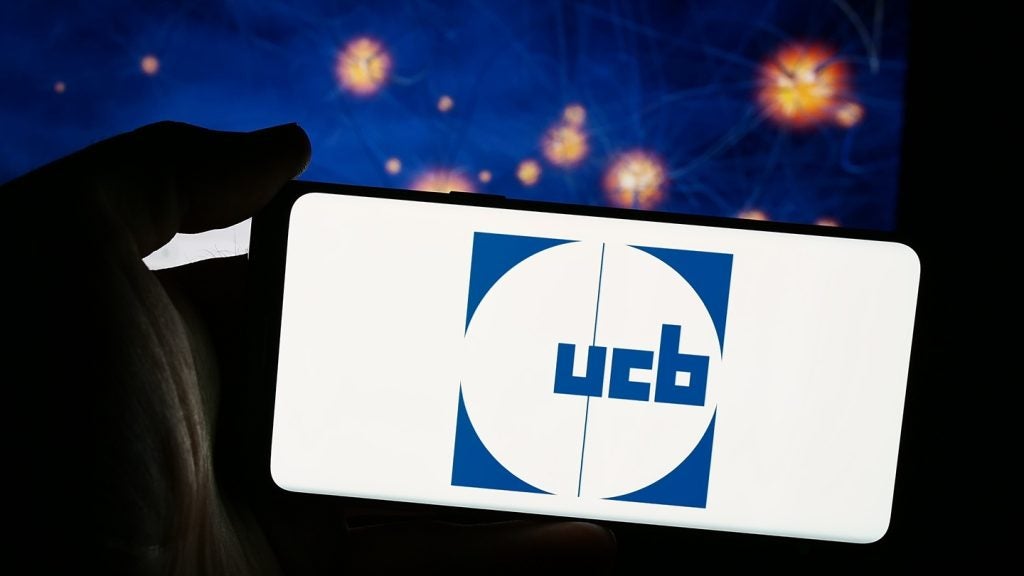The US Food and Drug Administration (FDA) has approved UCB’s Kygevvi (doxecitine and doxribtimine) to treat genetic mitochondrial disease, thymidine kinase 2 deficiency (TK2d).
The approval is intended to treat the condition in adults and in children who exhibit symptoms before the age of 12.
TK2d involves progressive and severe muscle weakness, known as myopathy.
The FDA’s decision was based on efficacy and safety data from a Phase II trial, two retrospective chart review studies and an expanded access programme.
UCB has indicated that the therapy currently holds approval only within the US and is not authorised for use in other nations. Its commercial availability in the country is anticipated during the first quarter of 2026.
Kygevvi comprises two pyrimidine nucleosides, doxecitine and doxribtimine, and works by integrating deoxycytidine and deoxythymidine into skeletal muscle mitochondrial deoxyribonucleic acid (DNA), which, in animal studies, restored mitochondrial DNA copy number affected by TK2d mutations.
UCB chief medical officer Donatello Crocetta stated: “The approval of doxecitine and doxribtimine represents a pivotal moment for the TK2d community, who previously had no FDA-approved treatment options for this rare genetic mitochondrial disease beyond supportive [palliative] care.
“We extend heartfelt thanks to the patients, families and friends, advocates, healthcare providers and dedicated clinical trial teams who have partnered with us on this important journey.”
The therapy already secured rare paediatric disease, breakthrough therapy, priority review and orphan drug designations from the US regulator.
UCB also received a rare paediatric disease priority review voucher (RPDPRV), which may be used to obtain priority review for a future product application.
In 2024, the company received FDA approval for Bimzelx (bimekizumab-bkzx) to treat adults with three distinct inflammatory conditions.









